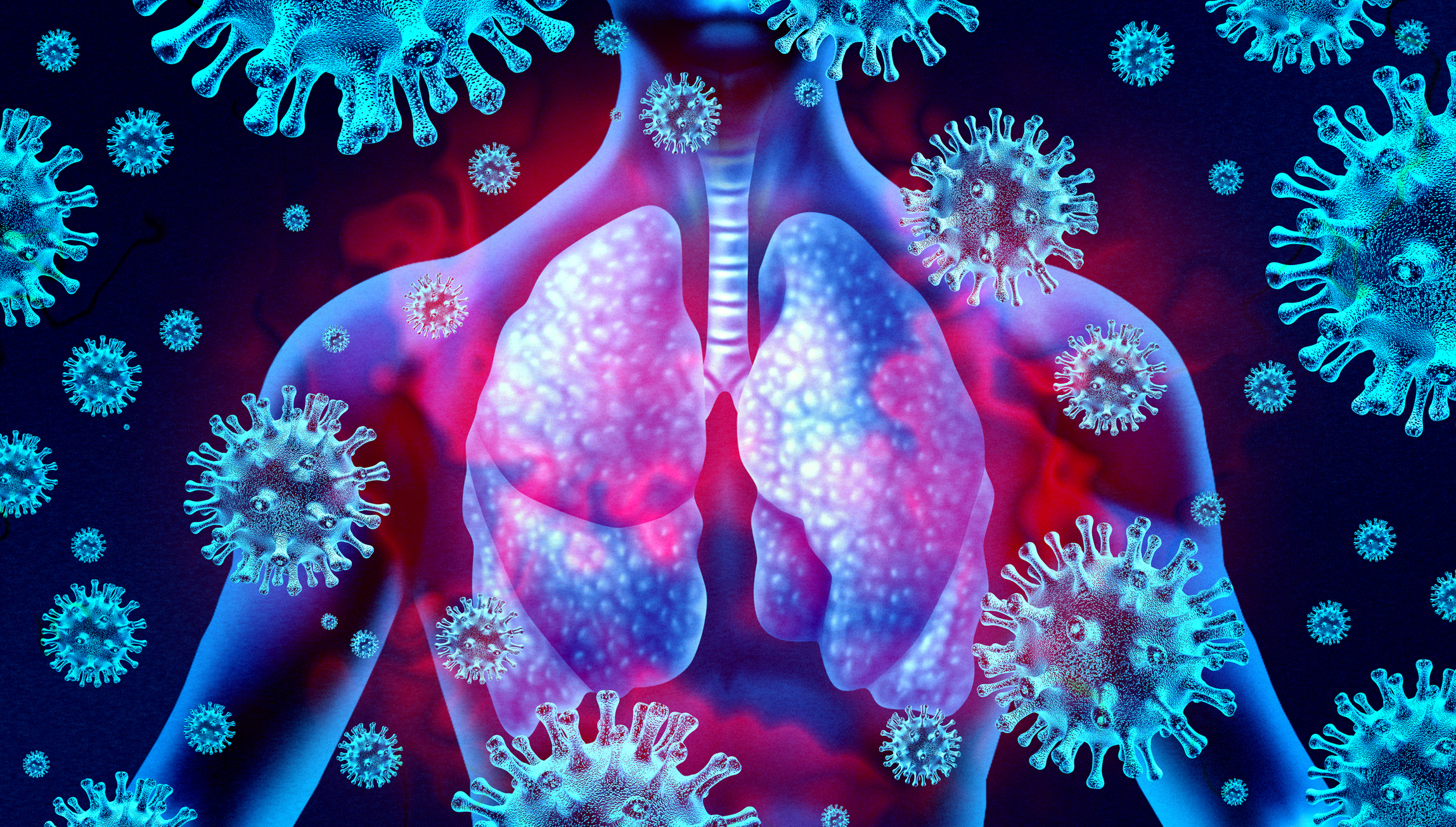Long COVID
Long-term clinical outcomes of SARS-CoV-2 infection and associated chronic inflammatory markers –a prospective cohort study in Kenya

Objective
To systematically characterize long-term clinical outcomes of SARS-CoV-2 and explore potential underlying immunological mechanisms
Primary objectives:
- To estimate the proportion of patients who continue to have COVID-19 symptoms for more than three months after confirmed diagnosis or asymptomatic patients who develop symptoms during this time.
- To describe the clinical presentation and patterns of clinical features that patients’ experience.
- To compare the characteristics of people who develop Long COVID after asymptomatic or have mild infection at diagnosis with those who have moderate to severe diseases at diagnosis.
- To identify how pre-existing cardio-metabolic diseases predict disease progression.
Secondary objectives:
- To assess volunteer willingness to participate in long term follow-up
- To establish reliable and efficient volunteer contact and tracking systems to maximize volunteer retention, and determine reason(s) for loss of volunteers to follow-up.
- To explore potential underlying immunological mechanisms for long term clinical outcomes.
- To establish a bio-bank for future in-depth pathophysiological, immunological, host-genetic and further clinical and epidemiologic studies.
Description
Kenya has not been spared from the COVID-19 scourge and has continued to experience waves of the pandemic. The first COVID-19 case in Kenya was reported on 12th March 2020 in Nairobi (Kenya’s capital) and since then Kenya has recorded 165,465 cases and 3003 deaths (as of 16 May 2021). Based on anecdotal reports, several patients who have been discharged from hospitals in Kenya continue to experience some symptoms even after testing negative for COVID-19. There has been no systematic collection and analysis of data to quantify and characterize these patients and further understand the underlying mechanisms of prolonged symptoms. The COVID-19pandemic reports have only focused primarily on two areas—the number of cases and the number of deaths. Both statistics are important, yet insufficient because important metrics such as long term morbidity that may have health effects and affect the quality of life of the people in the future are not captured. It is unclear how pre-existing cardio-metabolic diseases such as diabetes, dyslipidemia and other cardiac diseases influence long term outcomes of SARS-CoV-2 infection. Furthermore, it is unknown what host and viro-immunological factors determine which patients are at risk for the development of long term complications.
This study will support researchers to design, standardize and quality assurance processes for clinical assessments and referral of patients for further care. Through collaborations established, the study will ensure that laboratory test methods are well-established, standardized, quality-controlled (QC) and quality assured (QA) to maintain the highest laboratory standards. This will ensure that specimen collection, processing, labeling, storage and transport is performed to internationally recognized standards in anticipation of future studies. Finally, this study will help establish and strengthen collaborative partnerships for future research funding and opportunities for training and capacity building.
AIGHD Research Lead
Prof. Constance Schultsz
Partners
African Population Health Research Center (APHRC), Nairobi, Kenya
Kenya Medical Research Institute (KEMRI)
Kenyatta University Teaching, Referral & Research Hospital
World Health Organization
Funders
Joep Lange Institute
